Today, I want to explain how and why it is that I, once strictly an urban girl with a love of city life, have decided that small towns are better places to raise kids—or at least my kid. Even though you are all probably familiar with the fact that I am involved with a Cowboy who lives alone on a 10,000-acre ranch in Billy the Kid country, this decision has very little to do with him, and everything to do with my Grandma Kat, and her determined ghost.
My mother recently inherited a sizeable chunk of money, when my beloved grandmother Kat (Kathleen Conant, maiden name McGrath) passed away. My grandmother, whose signature graced my student loan documents and whose fiery Irish nature I inherited, had worked as a bank teller most of her adult life, and my grandfather had owned a rural trading post. My grandparents worked hard all of their lives, and didn’t have a lot of money, or at least it never seemed like they did. Grandma Kat and Grandpa Clifton were part of that generation of Americans who, having lived through the Great Depression, squirreled their money away, lived frugally, and saved. After my grandfather passed away 15 years before she did, my grandmother lived in a modest mobile home, and never paid more than $10 for a pair of shoes.
At any rate, when she died, Grandma Kat left my mother (and her two sisters) enough money to buy her two-bedroom townhouse outright, which she did, and also to then purchase another home—her three-bedroom Santa Fe dream house—as well. A career secretary, my mother, a closet novelist of uncommonly good talents, now owned two homes, thanks to the scarcity mindset of her Greatest Generation parents.
I mention all of this by way of explaining how it came to be that at the start of this past summer my 10-year-old son Alexander and I ended up moving from the city of Albuquerque (population 700,000) to Belen, the small Central New Mexico town (population 7,000) where my mother was raised and where much of my maternal family still lives. Because writing is a feast-or-famine profession, and I was in a famine phase, my mother took pity upon me and my child and offered to let us live for free in her now-empty townhouse. With few other choices, we took her up on it.
WHAT ARE WE DOING HERE?
I had misgivings at the start. As I drove the moving truck south to Belen (which means “Bethlehem” in Spanish), I had tears in my eyes. Look how far I’d fallen, I thought. There was a time when I was making enough money to buy myself a half-million dollar home in Scottsdale. That time was long gone. Now, I could barely buy groceries. Now, it was me, my son, and the tumbleweeds. What, I wondered, was my son going to do in a town like this? A town my mother had been running from much of her life, and to which she returned in later life in order to care for her ailing mother?
I’m not proud to admit this, but I’d always looked down my nose at Belen, and at my relatives who lived there. My cousins are all in the farming or ranching business in one way or another, and most of them did not go to college. Belen is one of those towns with one high school, but lots of churches, defined by the dozen or so blocks of Main Street. The once-thriving Main Street (where grandma Kat got into at least one fistfight) is now home to many boarded-up storefronts; at the edge of town is the mammoth Walmart that put all the small stores out of business. I was Ivy League educated, I’d lived in Boston, New York, and Los Angeles; I was quite sure this town held nothing for me—or my child.
Boy, was I wrong.
A PLACE TO BELONG
The first thing I did was find a basketball league for Alex, over the summer. It was held at the new and relatively modest community center in town. The snob in me was unsure what sort of kids we’d find in such a place, but to my enormous surprise they turned out to be great. Without much else to do, and without many other facilities (okay, none) to choose from, the kids and their families seemed grateful to have the chance to play ball at all—a far cry from the spoiled, ungrateful kids we usually hung around with near the University in the city. The country kids, many of whom came from farming families with traditional values, were extremely polite to grownups and to one another. They welcomed my son, and the parents welcomed me. The same sort of thing happened at the city swimming pool (at the high school), where I’d take my kid in the afternoons. No, it was nowhere near as luxurious as the ones at the chic gym we’d belonged to in the big city, but the kids were friendly, supportive, and just plain old nice. My son, so long the outcast in the city, suddenly…belonged.
Soon, I was starting to recognize people as we went around town. At the library, the grocery store, the bank. People knew our names, and asked about my mother. They knew my grandmother, and still talked about how great my grandfather had been in running his trading post. One of the dads on my son’s football team was friends with my cousin, and they both trained German shorthair bird dogs. Everywhere I went, I knew someone, and that someone actually cared about us. It was mind-blowing. I’d lived in cities with tens of millions of people around me, and felt completely isolated. Now, in this town of 7,000, I finally understood what it felt like to belong, to be part of a community.
This fall, I struggled with whether or not to drive my son the hour each morning and each afternoon, to keep him in school in Albuquerque. I decided against it, and put him in a small parochial school in our area, a school associated with the Catholic church where Grandma Kat had worshipped all of her life, the tuition paid for by my mother, from her inheritance.
Once again, I was shocked. I’d traveled all over the country in search of a good school for my son, and finally found it in… Belen? Really? Wow. Small class sizes, loving teachers, and that sense of community all came into play. My child has never been so happy, so accepted, so loved in a school. Where at the big urban schools they required endless testing and reports in order to prove my kid was really smart, his new teacher figured it out after talking to him for a few minutes. She told me on the first day that she had high hopes for him, noting, “He’s the kind to end up at MIT someday.” He is thriving. I know my Grandmother led us here. And I am grateful.
RECONNECTING WITH FAMILY
I’ve also reconnected with my cousins and local family, and humbly admit to having underestimated them and their town all of my life. My cousin Mark is quickly becoming one of my closest friends, and the evenings we have spent in his company, enjoying barbecue on his patio, will stand out in my mind as some of the happiest of my adult life. He is a kind, loving and generous man, and he has stepped in to help care for my son in a way no one else has. His daughter, Renee, has begun to watch my son when I’m out of town on business trips. They were here for me all along, but I was too arrogant to notice.
Without going into too much detail about it, I will say that several things have happened (signs, signals) to make me think my grandmother had a hand in arranging things for us. After watching me and Alex struggle to find a place and support, and knowing as she did that the little town where she’d lived since she was seven years old held the key, she worked it out for us to be in Belen. Last week, my son and I visited her grave at the local cemetery. She was next to my grandfather, and my cousin Edward. We thanked her, and told her how well Alex was doing. As the breeze came through the trees, I knew she heard us. And I knew that she was happy I’d finally realized that everything I had been searching for was right here, at home.

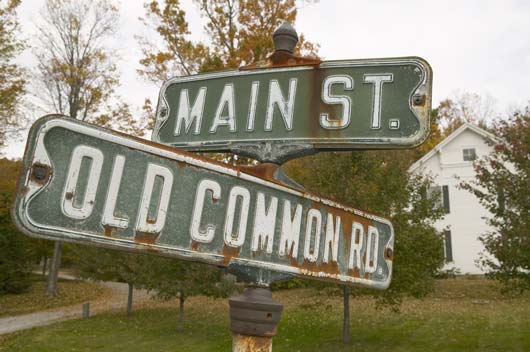

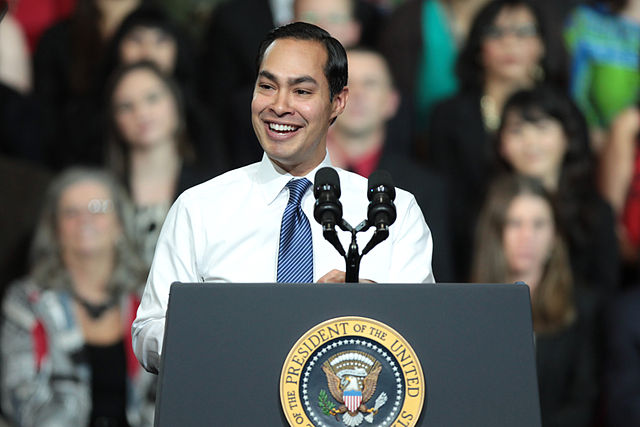
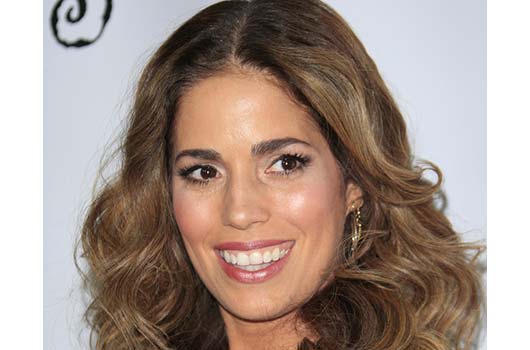
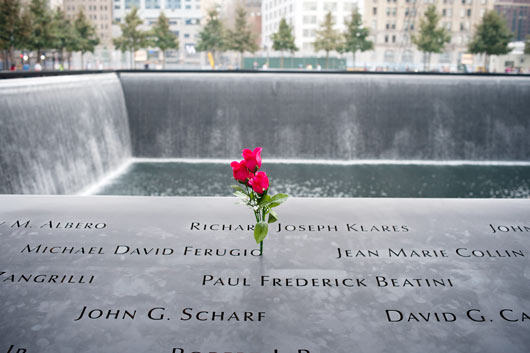

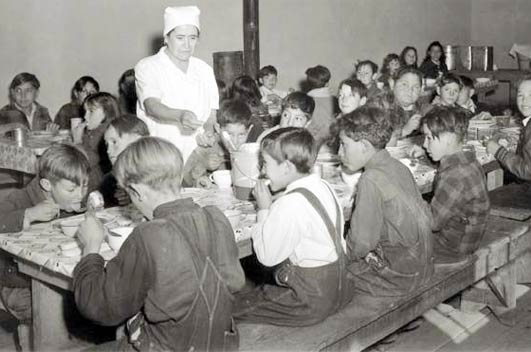





Leave a Reply
Want to join the discussion?Feel free to contribute!